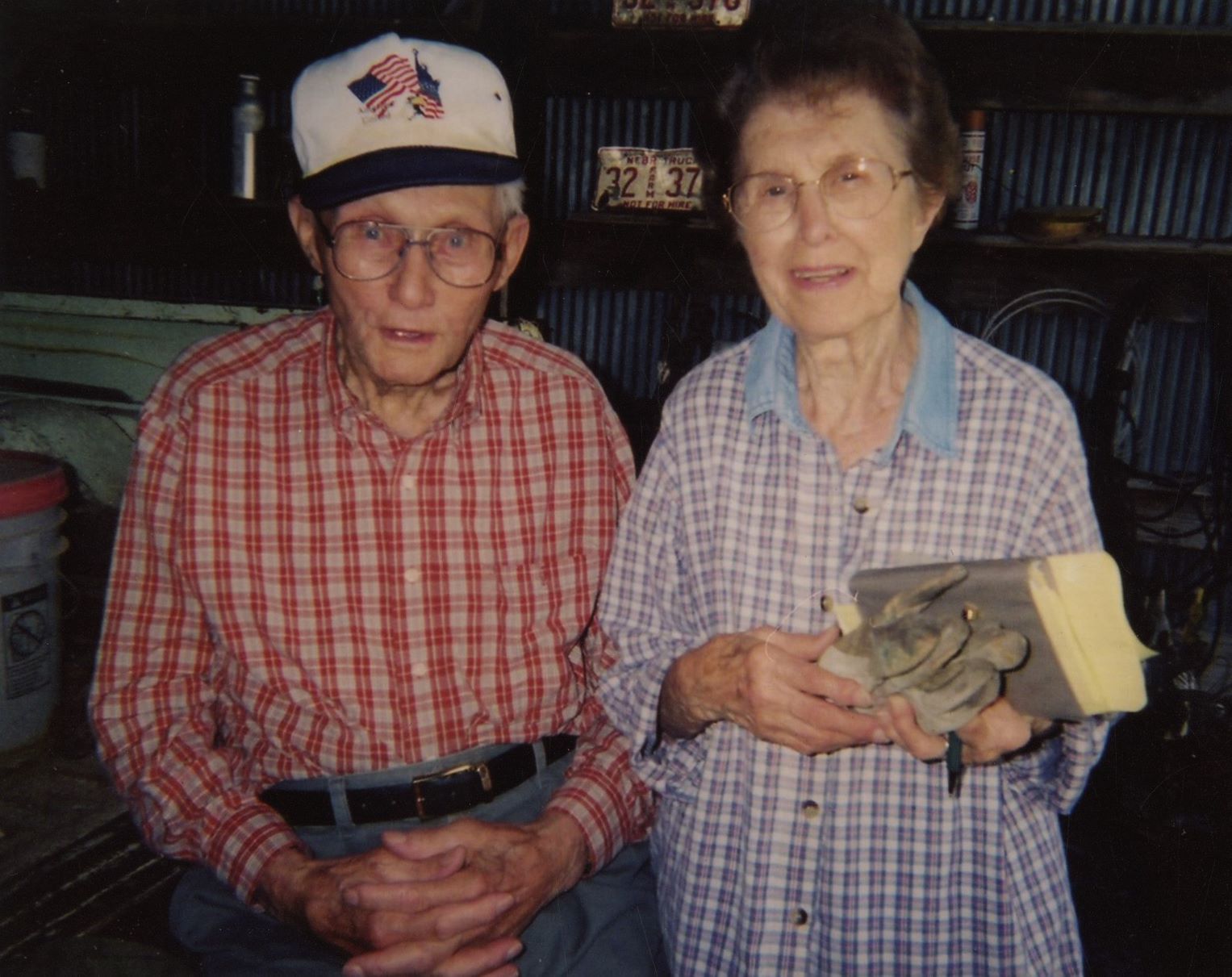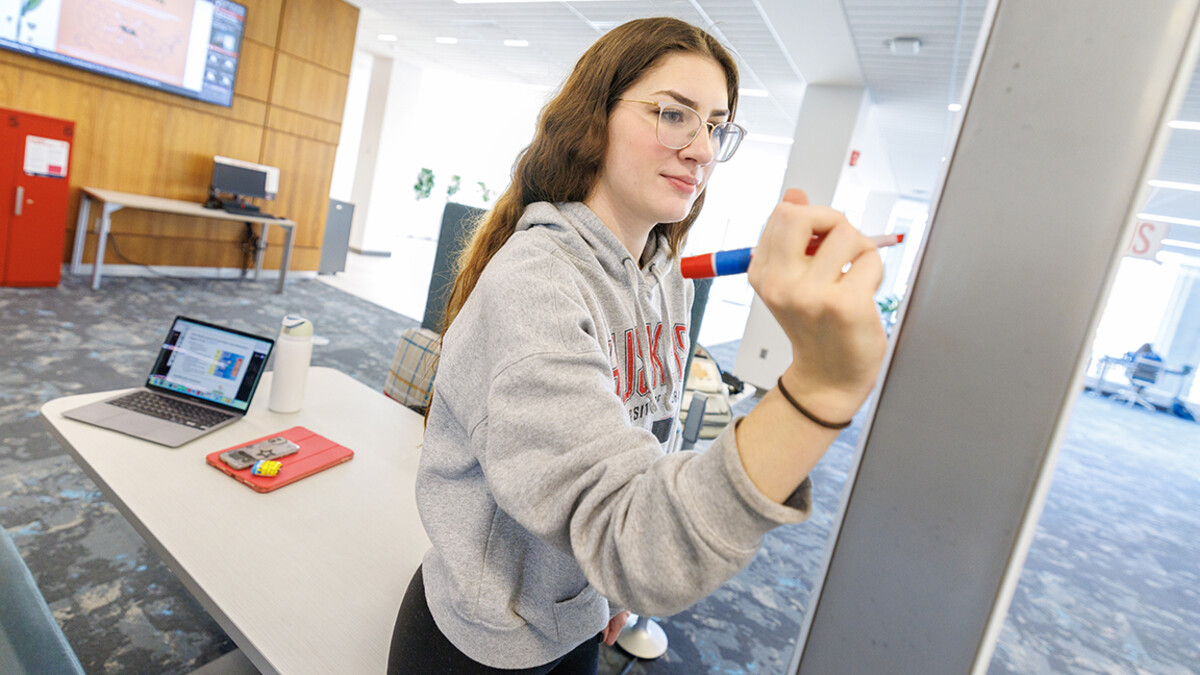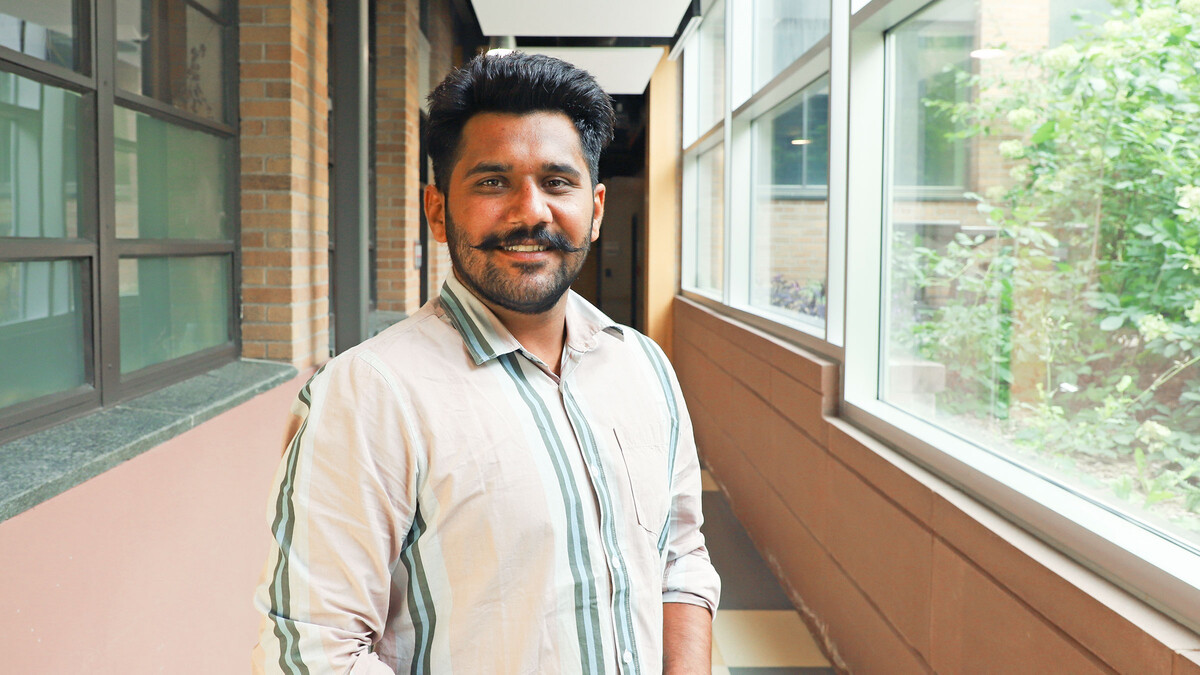
A Nebraska family that built its farmlands into a multi-million-dollar enterprise near Hebron has gifted the land to support the University of Nebraska–Lincoln’s College of Journalism and Mass Communications and its depth reporting program.
The proceeds from the $4.65 million sale of the farmlands by the University of Nebraska Foundation established a permanently endowed fund called the Deepe Family Endowed Chairs in Depth Reporting, emphasizing the family’s commitment to journalism, education and the state. The gift represents the largest single gift received in support of the college.
“This gift continues the legacy of a Nebraska family built from the grit and thrift of the Dust Bowl generation,” said Shari Veil, dean of the College of Journalism and Mass Communications. “It will enable the college to continue its storied depth reporting program, which has won numerous prestigious awards, including the Robert F. Kennedy Journalism Awards Grand Prize.”
The Deepe Family Endowed Chairs in Depth Reporting will be used by the college to recruit two new faculty, with one specializing in investigative reporting and another specializing in data journalism. Recipients will receive an annual stipend from the endowed fund to supplement their salaries and to support their scholarly research and academic activities.
The college worked closely with Beverly Deepe Keever, a Husker journalism graduate, to ensure the gift honors the legacy of her parents, Martin and Doris Deepe, and supports journalism education at the university for generations.
“Never in this nuclearized and cryptic world has truth-seeking and truth-telling been more vital,” Keever said. “We are experiencing the greatest media shift since the advent of the telegraph and communication via electricity that enabled the railroads to be built, thus transforming Nebraska and the nation.
“To reinforce this quest for truth, my family and I are humbled to be able to donate the largest single gift to the college. This gift establishing the Deepe Family Endowed Chairs in Depth Reporting seeks to propel the University of Nebraska–Lincoln to the nation’s premier site for depth reporting and expanded experiential learning beyond the classroom.”
In an increasingly data-driven world, data literacy has become an essential skill for journalists pursuing truth and shedding light on many topics through depth reporting. The new faculty positions will ensure that Husker graduates have vital research skills and the funding to investigate and publish stories of significance in the Great Plains and tribal communities.
Students in depth reporting classes focus on the same story for an entire semester, in some cases multiple semesters, bringing in a higher quantity and quality of sourcing, graphics and multimedia components than is typical of traditional news reporting. Public documents and data sources must be accessed and analyzed to draw conclusions and add clarity to complex and controversial situations.
In addition to collaborating on the depth reporting classes, the new faculty will oversee and provide support for student involvement in important journalism organizations. The Deepe endowment will also provide funding to cover student memberships in the Society of Professional Journalists and Investigative Reporters and Editors and student travel to these associations’ conferences and workshops. Doing so enables students to learn the latest trends and techniques in the industry and network with professionals nationwide.
“The impact of the Deepe family’s gift will be felt by generations of UNL journalism students,” Veil said. “We are incredibly grateful they have entrusted us with the stewardship of their family’s legacy.”
Commitment to education
Martin and Doris Deepe dreamed of going to college when they were young, but the Dust Bowl and the Great Depression sidelined those hopes. The young couple, who would spend 71 years together, put everything they had into a small farm near Hebron. They worked the land, growing the farm and raising their two daughters, Beverly and Joan. The couple was committed to ensuring their daughters were afforded the education that circumstances had denied to them.
Beverly Deepe attended the University of Nebraska–Lincoln on a Regents Scholarship, was selected for Phi Beta Kappa and Mortar Board, and graduated with a bachelor’s degree in journalism and political science. She earned her master’s degree from the Columbia University School of Journalism, graduating with honors, and built up a nest egg working in New York that enabled her to travel to Asia in 1961.
She became the first female war correspondent in Vietnam. Afterward, she taught journalism and mass communications at the University of Hawaii for 29 years and then wrote her memoir, “Death Zones and Darling Spies: Seven Years of Vietnam War Reporting.” Her dispatches and other Vietnam War documents are archived in the Beverly Deepe Keever Collection at the University of Nebraska–Lincoln Libraries with funds gifted by the Deepe Family Trust.
Joan Deepe attended business school in Lincoln and then worked at an insurance company in Omaha and later for a Wall Street law firm before accepting an assignment with the U.S. State Department in Vienna. Returning to the United States in 1961, she moved to San Francisco, where she studied to be a stenographic court reporter. She launched Joan’s Secretarial Service in the heart of the competitive financial district of San Francisco and had a successful career as an independent businesswoman.
In 2005, when Martin Deepe became ill, the daughters pressed their parents to determine how they wanted their property disbursed after their deaths. Doris Deepe wanted to support education, and Martin Deepe wanted the money to stay in Nebraska. Beverly Deepe suggested establishing a professorship in Nebraska’s College of Journalism and Mass Communications. The family agreed and put the plan in place.
Just five months later, Martin Deepe, 94, died. His daughter Joan followed 12 years later and his wife, Doris, died in 2020.
After the death of Doris Deepe, the Thayer County farmlands were transferred to the University of Nebraska Foundation and sold, with the proceeds going to establish the endowed fund in the family’s name.








